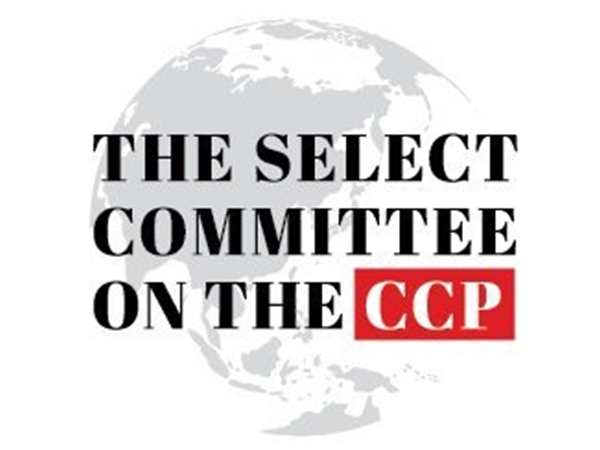Afghanistan facing 'the darkest moments' in a generation
Jun 16, 2022

Kabul [Afghanistan], June 16 : The UN rights chief has raised concerns about the deteriorating situation in Afghanistan, stating that its people are experiencing some of "the darkest moments" in a generation.
High Commissioner Michelle Bachelet conveyed this message during a session in the Human Rights Council on Wednesday.
"In the wake of years of conflict, and since the takeover by the Taliban in August last year, the country has been plunged into a deep economic, social, humanitarian and human rights crisis," said Bachelet.
She admired the courage of Afghan women in demanding their inalienable rights while facing a "critical" situation under increasingly repressive Taliban codes of conduct.
Bachelet cited a school ban affecting 1.1 million secondary school girls as well as other decrees, such as enforcing a strict hijab rule; barriers to women's access to employment - including for female NGO workers - barring women from taking part in public and political life; and severely restricting their freedom of movement, affecting their access to health services, livelihood and humanitarian aid.
"Let me be clear: what we are witnessing today in Afghanistan is the institutionalized, systematic oppression of women," the High Commissioner spelt out. Afghan women are rapidly facing the worst-case scenario many feared.
Despite having ratified international treaties, including the Convention on Elimination of All Forms of Discrimination Against Women, the de facto authorities are far from complying with their international obligations.
"I call on the de facto authorities to honour their commitment to women's rights, to urgently create a meaningful dialogue with Afghan women, and to listen to their voices," she stated.
According to UN News, a senior UN official raised concern over the general amnesty granted to former officials and security forces, noting that the Human Rights Service of the UN Assistance Mission in Afghanistan (UNAMA) continues to receive credible reports of arbitrary arrests and detention, ill-treatment and extra-judicial killings.
UNAMA also continues to record the impact of attacks on civilians, including in schools, at markets and on public transportation networks.
"Ethnic and religious minorities have also been directly attacked. I remind the de facto authorities of their responsibility to protect all Afghans subject to their control," she stated.
Bachelet also expressed concern over alleged human rights violations and abuses against civilians in the northern provinces, including arbitrary arrests, extrajudicial killings, and torture, calling on all parties to the conflict to "observe restraint and to fully respect international human rights law".
And despite Taliban authorities' repeated commitments to respect human rights, civic space has shrunk rapidly and dramatically since their return to Kabul.
"Restrictions on freedom of opinion and expression, the right to peaceful assembly, and the right to participate in public affairs have all had a chilling effect on individuals and communities," reminded the rights chief.

















